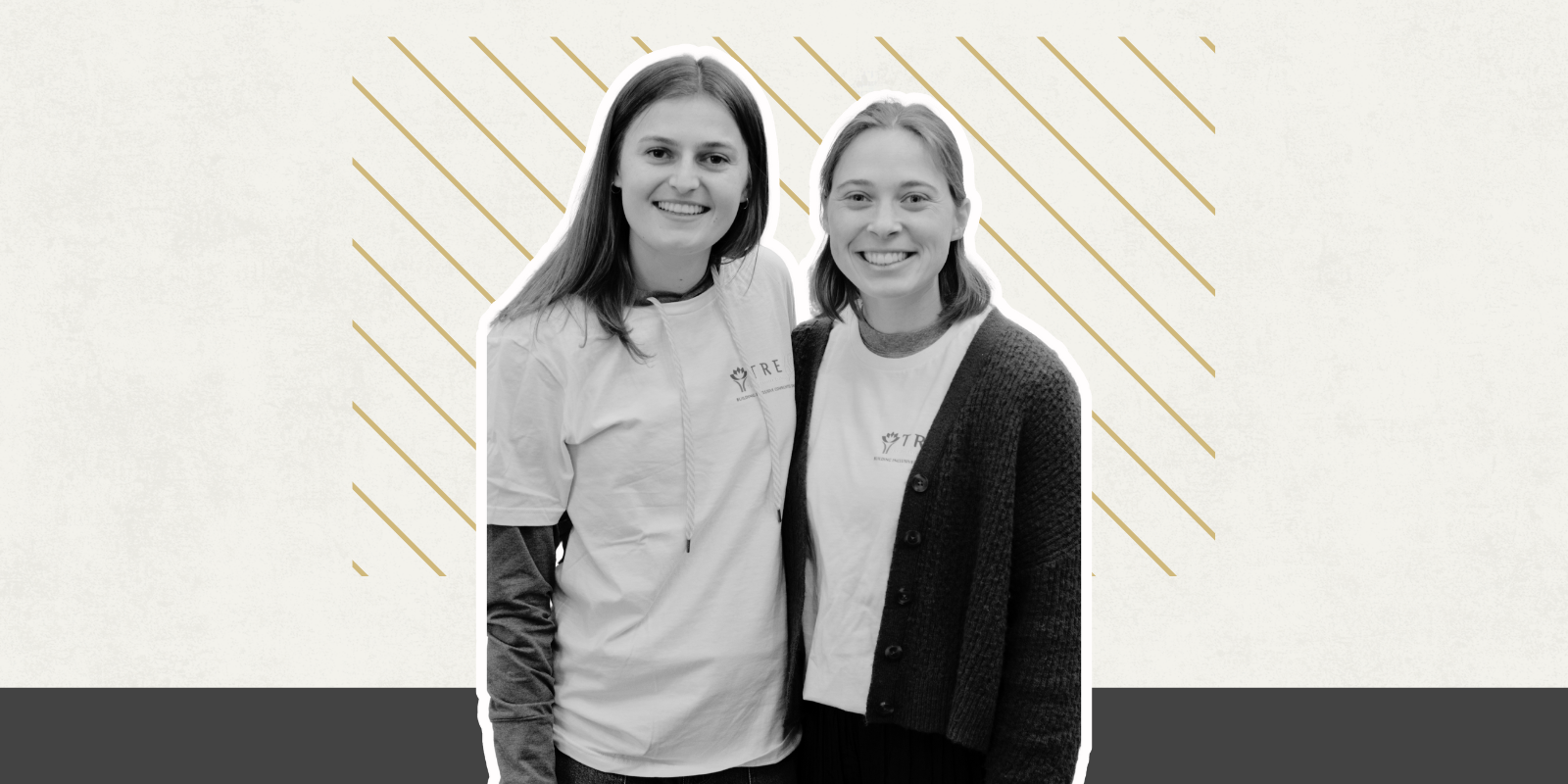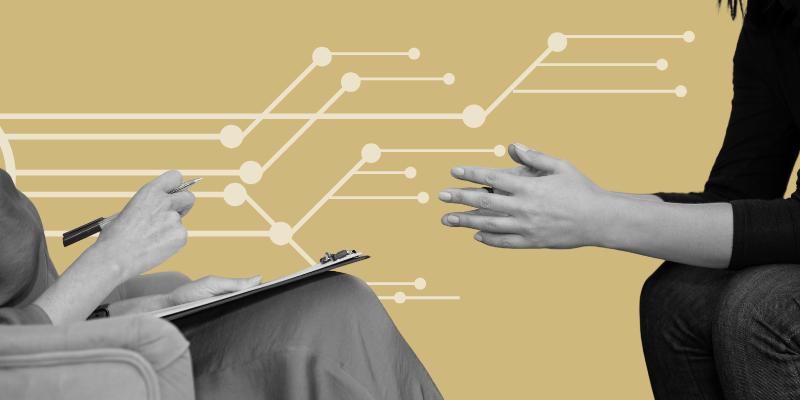There’s a lot to fear at haunted house attractions — wandering zombies, real life jump scares, demons lurking through the dark — but should adrenaline junkies add heart attack to that list?
It is possible to be scared to death, explains Neel Butala, MD, assistant professor of medicine in the division of cardiology at the University of Colorado School of Medicine. Activating the body’s fight or flight response through heightened emotion, like fear, can potentially lead to adverse effects on the heart, but it’s extremely rare that it leads to death.
“It’s hard to predict who might experience such a rare event,” Butala says. “Most adults have at least some plaque in their arteries, so I wouldn’t make a blanket statement about who should avoid haunted houses, but it’s important to stay vigilant about your health and seek medical attention if you think you need it.”
Cardiology’s fear factor
The sympathetic nervous system is center stage when it comes to what’s happening in the body while actors in gory costumes are jumping from around corners in a haunted house. In response to fear, the sympathetic nervous system activates and speeds up your heart rate to deliver more oxygen to the rest of the body. Its goal is to get you out of a dangerous situation. This is typically called “fight or flight.”
“When your fight or flight response is activated your heart rate increases and your blood vessels can clamp down, increasing blood pressure. Those two things in combination could put stress on the heart,” Butala says. “For someone with underlying coronary artery disease, heart failure, or other medical problems, this could be worrisome.”
Extra demand on the heart in scenarios where fear is running high can lead to a heart attack. “But that’s the worst-case scenario,” Butala says. “It’s incredibly rare that sympathetic stimulation from fear can lead to a heart attack.”
It’s also possible that sympathetic stimulation can contribute to stress cardiomyopathy, also called Takotsubo cardiomyopathy or broken heart syndrome, a temporary heart condition that’s often the result of intense emotion.
“Essentially, your heart gets so stimulated, that it doesn’t contract as well. In very rare instances, this can lead to heart failure, cardiogenic shock or even death,” Butala explains. “That's where you hear people refer to being scared to death.”
Rare but serious
Even though it’s an incredibly rare occurrence to experience a heart attack because of fear, Butala says it’s still important to take seriously.
“You shouldn’t take this lightly,” he says. “If you are experiencing crushing chest pain and you think it could be a heart attack, it’s important to act appropriately because it could be real.”
Symptoms of a panic attack, which might also occur in the presence of elevated emotion, can look similar to a heart attack. Chest pain, shortness of breath, and other symptoms can be similar between the two events, but it’s worth knowing for sure, as a heart attack can be fatal.
“If a person has a heart attack, we generally give them blood thinners and insert a stent to open up the blood vessel,” Butala says. “Even if a person comes in and they are experiencing a panic attack, it can be difficult to tell on the surface.”
“There is no need freak out about this and people should enjoy Halloween traditions,” he continues. “But they should be aware of how the heart can respond to stress and fear and that it’s not always clear why they are feeling a certain way. It’s just best not to ignore it.”




